Currently, I work as a freelance medical and pharmaceutical interpreter in London, UK. My experience includes interpreting for individuals in hospitals and specialists in medical insurance firms like Bupa. Furthermore, I assist with Russian – English interpreting at various conferences and events related to healthcare and medicine. Pfizer, London Bridge Hospital, Boots Pharmaceuticals, Eli Lilly, Bupa Health Insurance, Shering Plough, Astra/Zeneca, Roche, Takeda Pharmaceutical, and many others are among my clients in the medical, pharmaceutical, and healthcare industry.
An experienced Russian-English translator and interpreter is available anywhere in the UK and Europe.
Medical Healthcare and Pharmaceutical Interpreter
I can translate and proofread medical documents from English to Russian and vice versa. My main focus is being attentive to details and aiming to create error-free, quality work for clients. Besides, I can assist with clinical and medical insurance appointments on specific queries. I can juggle multiple tasks and shift priorities in a fast-paced, client-deadline-driven environment.
Types: Chemical Translations, Law Translations, Medical RUSSIAN – ENGLISH INTERPRETER, Translations, Russian – English Medical interpreter, Russian – English Ecology and environmental protection Interpreting | Russian – English translation for Economy | Equipment, and technologies (as a whole) | Finance and credit | Governance and management | International relations and organizations | Mechanical engineering | Metallurgy and metalworking | Mining and geology | Nuclear technologies, nuclear physics | Oil, and gas
Medical interpreting
Overall, medical interpreting requires a combination of linguistic proficiency, medical knowledge, and interpersonal skills, making it a highly demanding and challenging profession.
Medical interpreting is a complex and challenging field that requires a high level of skill, knowledge, and professionalism. Some of the difficulties of medical interpreting include:
Medical interpreting requires a combination of linguistic proficiency
- Technical language: Medical interpreting requires a deep understanding of medical terminology, anatomy, physiology, and procedures, which can be difficult for interpreters without a background in the medical field.
- Cultural sensitivity: Medical interpreters need to be culturally sensitive and aware of any cultural differences that may affect patient care.
- Emotional stress: Medical interpreting can be emotionally challenging, as interpreters may need to assist with difficult diagnoses, treatments, and procedures.
- Ethical considerations: Medical interpreters must adhere to strict ethical standards and maintain patient confidentiality while ensuring accurate communication between healthcare providers and patients.
- Time constraints: Medical interpreting often takes place in fast-paced and high-pressure environments, and interpreters must be able to quickly and accurately convey information in real-time.
Overall, medical interpreting requires a combination of linguistic proficiency, medical knowledge, and interpersonal skills, making it a highly demanding and challenging profession.Regenerate response
This year, our team also interprets and assists at the Dubai Arab Health Exhibition. Healthcare professionals from across the globe will come together at Arab Health 2023.
READ MORE
Arabic Language Interpreter
What Makes Arab Health Unique?
Arab Health stands out as a premier event in the global healthcare industry due to several distinctive features:
- Scale and Reach
Largest Healthcare Event in the MENA Region: Arab Health is the biggest platform for healthcare professionals, providers, and innovators in the Middle East, North Africa, and beyond.
Global Participation: With exhibitors and attendees from over 160 countries, it’s truly an international event. - Innovative Showcases
Cutting-Edge Technology: Arab Health is where the latest advancements in medical technology, AI, robotics, and telemedicine are unveiled.
Future of Healthcare Pavilion: A dedicated space for showcasing emerging technologies and disruptive innovations. - Diverse Representation
Specialized Sectors: From diagnostic equipment and imaging to orthopedics and pharmaceuticals, Arab Health covers a broad range of healthcare sectors, making it comprehensive for attendees.
National Pavilions: Countries host dedicated areas to spotlight their healthcare innovations and opportunities. - Knowledge Exchange
Educational Conferences: Featuring top-tier speakers and thought leaders, the event provides CPD-accredited conferences covering a wide array of medical fields.
Workshops and Training: Hands-on sessions to learn about the latest medical devices and techniques. - Networking Opportunities
Direct Connections: Arab Health provides unparalleled opportunities to meet healthcare professionals, distributors, suppliers, and decision-makers under one roof.
Business Matchmaking: Advanced tools to help attendees connect with potential partners and clients effectively. - Strategic Location in Dubai
Gateway to the Middle East: Located in Dubai, Arab Health benefits from the city’s strategic position as a global hub for trade, innovation, and tourism.
World-Class Facilities: Hosted at the Dubai World Trade Centre, the event offers state-of-the-art infrastructure and services. - Sustainability Focus
Arab Health increasingly emphasizes sustainable healthcare solutions and innovations that align with global efforts to reduce environmental impact. - Impact on Regional Healthcare
Driving Growth: Arab Health plays a significant role in shaping healthcare policies and driving advancements in the MENA region.
Showcasing Local Talent: It provides a platform for regional innovators to present their solutions to a global audience.
Arab Health isn’t just a trade show—it’s a comprehensive platform that fosters innovation, collaboration, and growth in the healthcare industry. Its unique combination of scale, innovation, and networking opportunities makes it a must-attend event for healthcare professionals worldwide.


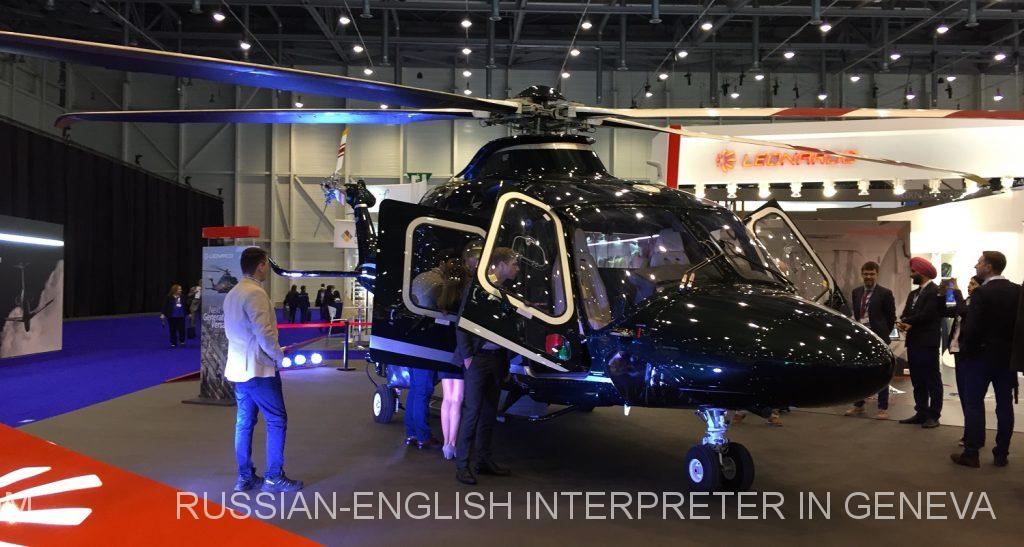
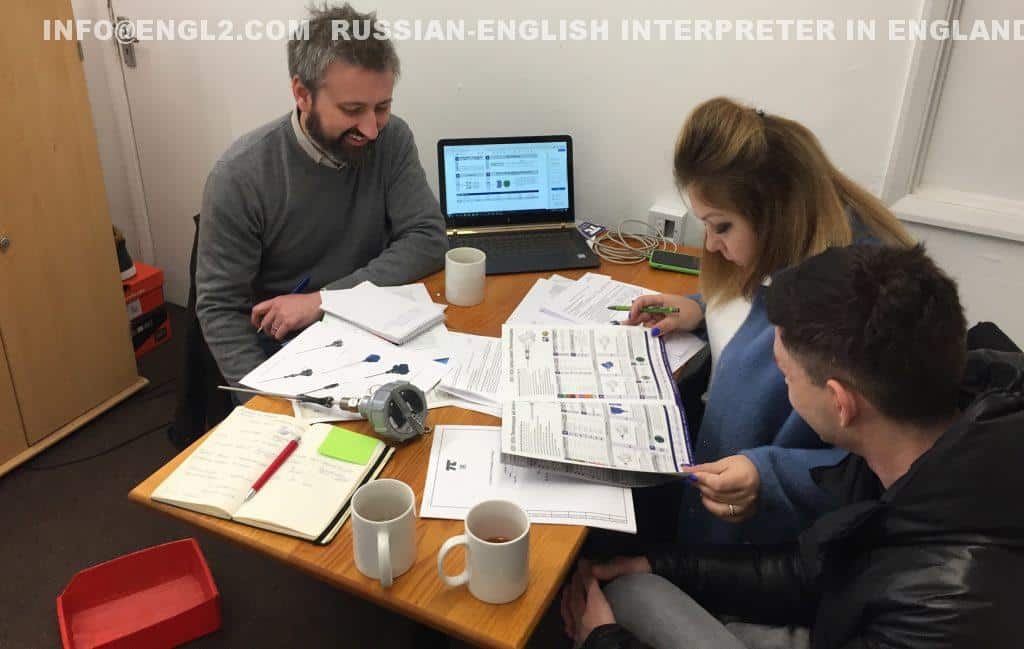
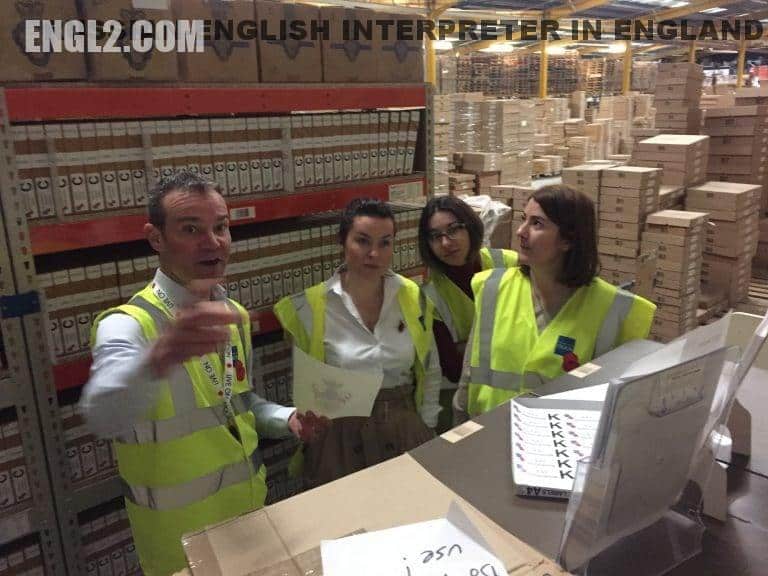
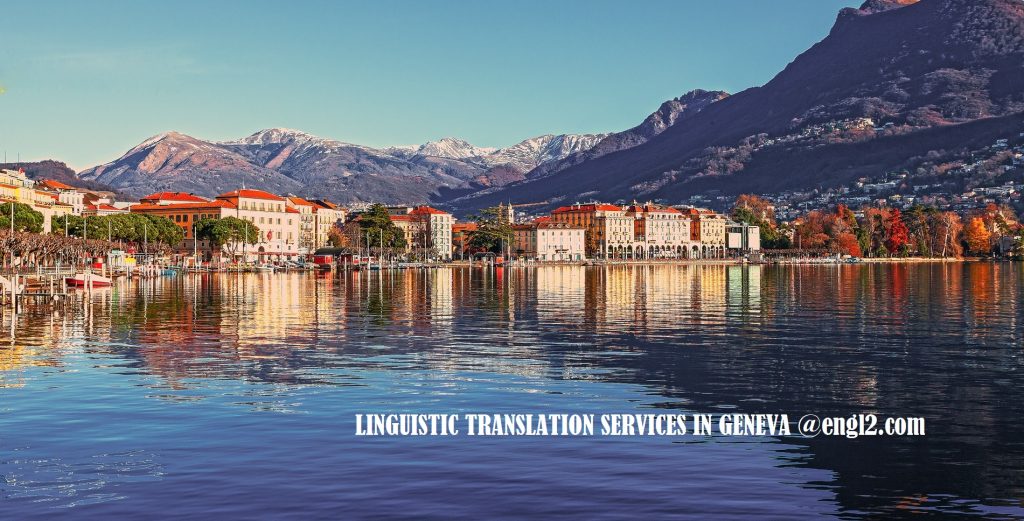
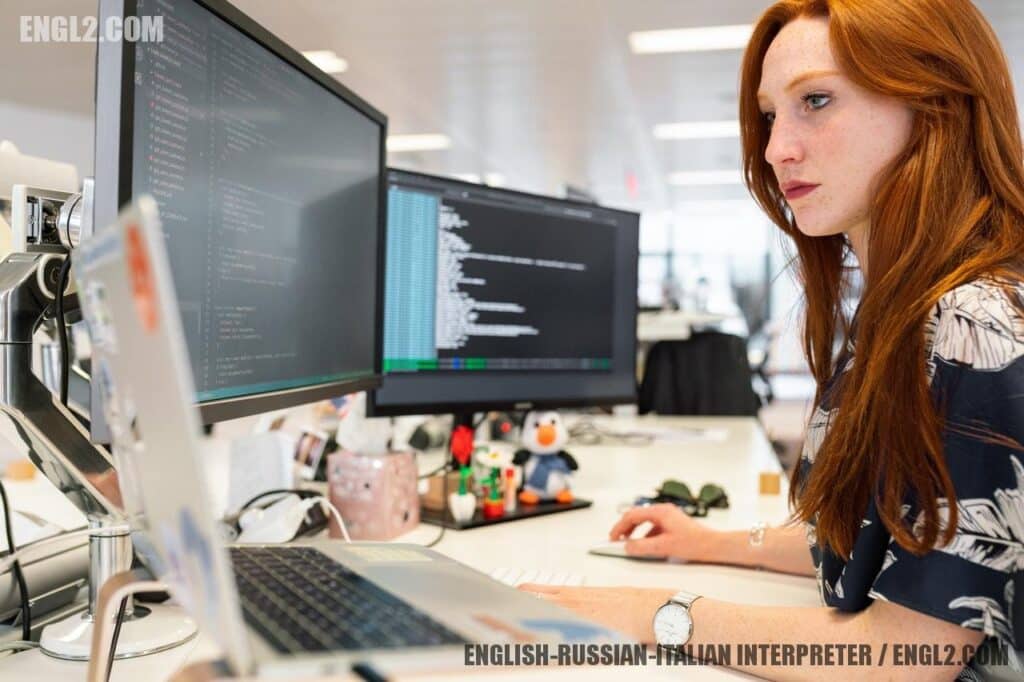
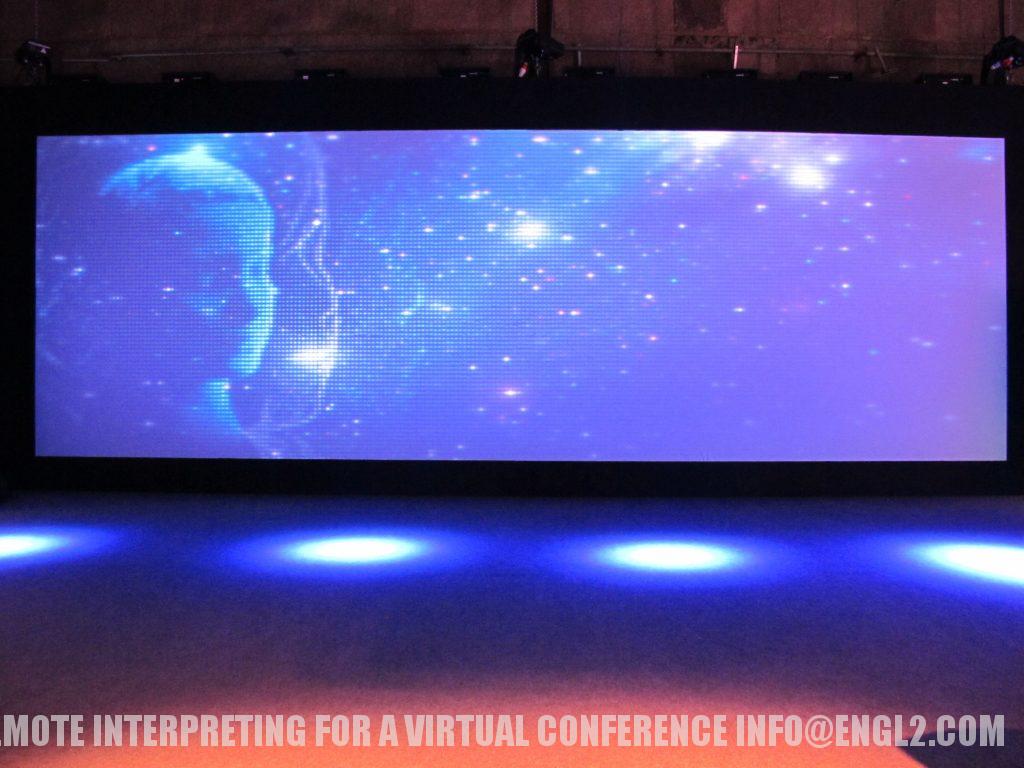

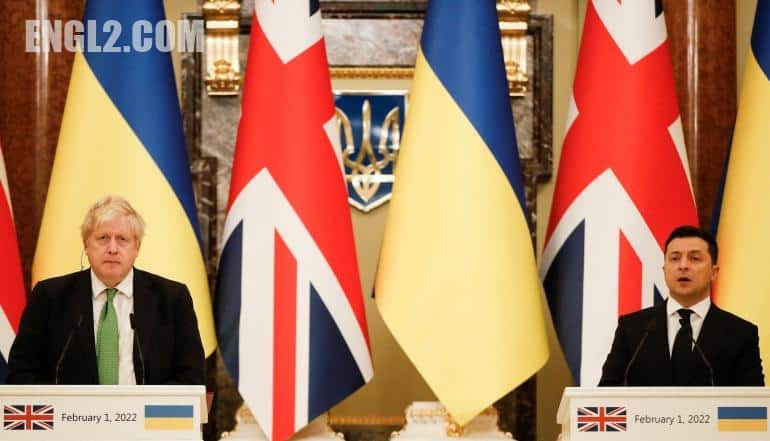
Comments are closed.